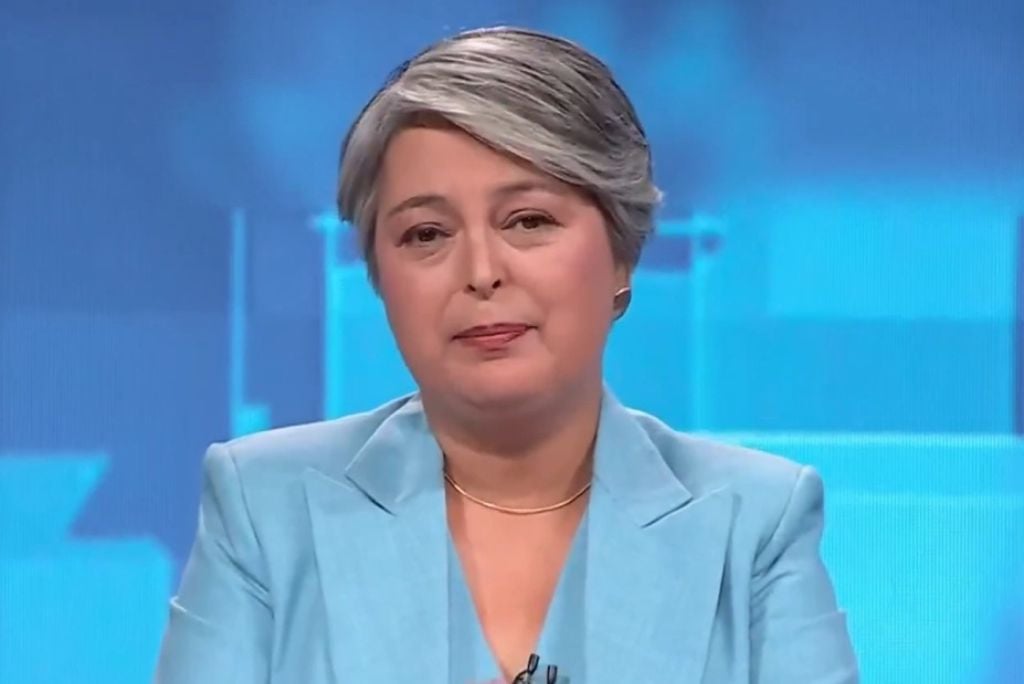A few hours before the first round of the Chilean presidential elections, the candidate of the ruling bloc, Jeannette Jara, is emerging as the favorite to obtain the highest number of votes next Sunday, November 16. However, the latest projections warn that, despite this initial advantage, she would be destined to lose to any right-wing rival in a potential runoff.
Jara, former Minister of Labor under Gabriel Boric’s government and a member of the Communist Party of Chile, received the endorsement of the governing left-wing coalition after winning her bloc’s primaries with more than 60% of the valid votes. Her campaign has emphasized the continuity of the progressive project underway since 2022, although she also inherits the weaknesses of Boric’s administration: citizen insecurity, irregular immigration, and unfulfilled promises appear as growing burdens.
The right-wing opposition arrives divided to this electoral event, with three contenders competing to advance to the runoff: José Antonio Kast (Republican Party), Johannes Kaiser (radical libertarian), and Evelyn Matthei (traditional right). Polls show that any of these three could be Jara’s opponent in the runoff, but all indicate that in that second round Jara would lose to each of them.
A recent survey by the CEP consultancy, released at the end of October, shows Jara leading with approximately 25% of the vote in the first round, followed by Kast with 23% and Matthei with 12%. However, the same poll indicates that if she faces either of them, the official candidate is at a disadvantage.
Additionally, the media highlights that the introduction of compulsory voting has raised participation to more than 13 million voters, doubling previous electoral figures and transforming the electorate’s profile.
The division of the right’s three strong candidacies is not necessarily a weakness: on the contrary, analysts estimate that in the event of a runoff, the bloc would unite to prevent the left from remaining in power. This scenario turns the first round into little more than an informal “primary” for the right, according to Chilean media.
For the left, this is a moment of maximum urgency: Jara must consolidate her leadership on Sunday and, at the same time, prepare her artillery for a runoff that places her in full defense of power. Her challenge is twofold: convincing centrist and moderate voters that her project, tied to the Communist Party and the continuity of Boric, offers institutional security, order, and protection for Chilean families — precisely when those values are under pressure.
No less relevant is the issue of public safety. The right has built its discourse around restoring order, curbing crime, and addressing irregular migration — issues that the governing left has failed to tame, in the view of a large segment of the electorate. In this arena, the right’s campaign appeals precisely to the restoration of legitimate authority, the protection of the family unit, and the defense of social traditions.
The situation is therefore high-risk for the ruling bloc: a victory in the first round does not guarantee the final triumph, and Jara’s initial advantage becomes a burden if she fails to demonstrate solidity, breadth, and the ability to summon support beyond the progressive base.
The right sees this margin as its historic moment to retake La Moneda. The backing of the 15.7 million registered voters and compulsory voting give the opposition a golden opportunity. From a conservative perspective, this scenario involves much more than an election: the model of social coexistence, the role of the state, the protection of the family, public order, and institutional continuity are at stake.
For the left to lead Chile without having restored control and public trust puts at risk the social fabric and democratic authority. The fragmentation of the right until now has generated uncertainty, but its ability to come together for the runoff represents a factor of stability for those who defend traditional values.
Ultimately, the progressive bloc led by Jara and the left faces a trial by fire. If they do not react with speed, coherence, and the ability to rally support, the union of the three right-wing forces could strip them of power.
—
**Trending:**
*Total Rejection! Only 9 Out of 60 Countries Attend the CELAC-EU Summit in Santa Marta: Historic Isolation of Gustavo Petro Due to Trump Sanctions and Massive Boycott by European and Hispanic Leaders*
After years of ideological experiments, controversial reforms, and policies that have eroded authority and the family structure, the left now shows more weakness than strength. The election is no longer just about names: it is about who guarantees order, security, institutional respect, and the defense of traditional Chilean society.
—
**About The Author**
*Rafa Gómez-Santos Martín*
Rafael Santos is a Portuguese writer and political analyst dedicated to educating Hispanics on traditional values and the importance of protecting children and families. With years of experience in media and public discourse, he has been a strong advocate for cultural preservation and moral principles in an ever-changing world.
Passionate about culture, sports, and current affairs, Rafael brings insightful analysis to political and social debates, striving to empower the Hispanic community with knowledge and a deeper understanding of the issues that shape their lives.
See author’s posts.
https://gatewayhispanic.com/2025/11/crisis-chilean-left-even-borics-support-jara-would/
